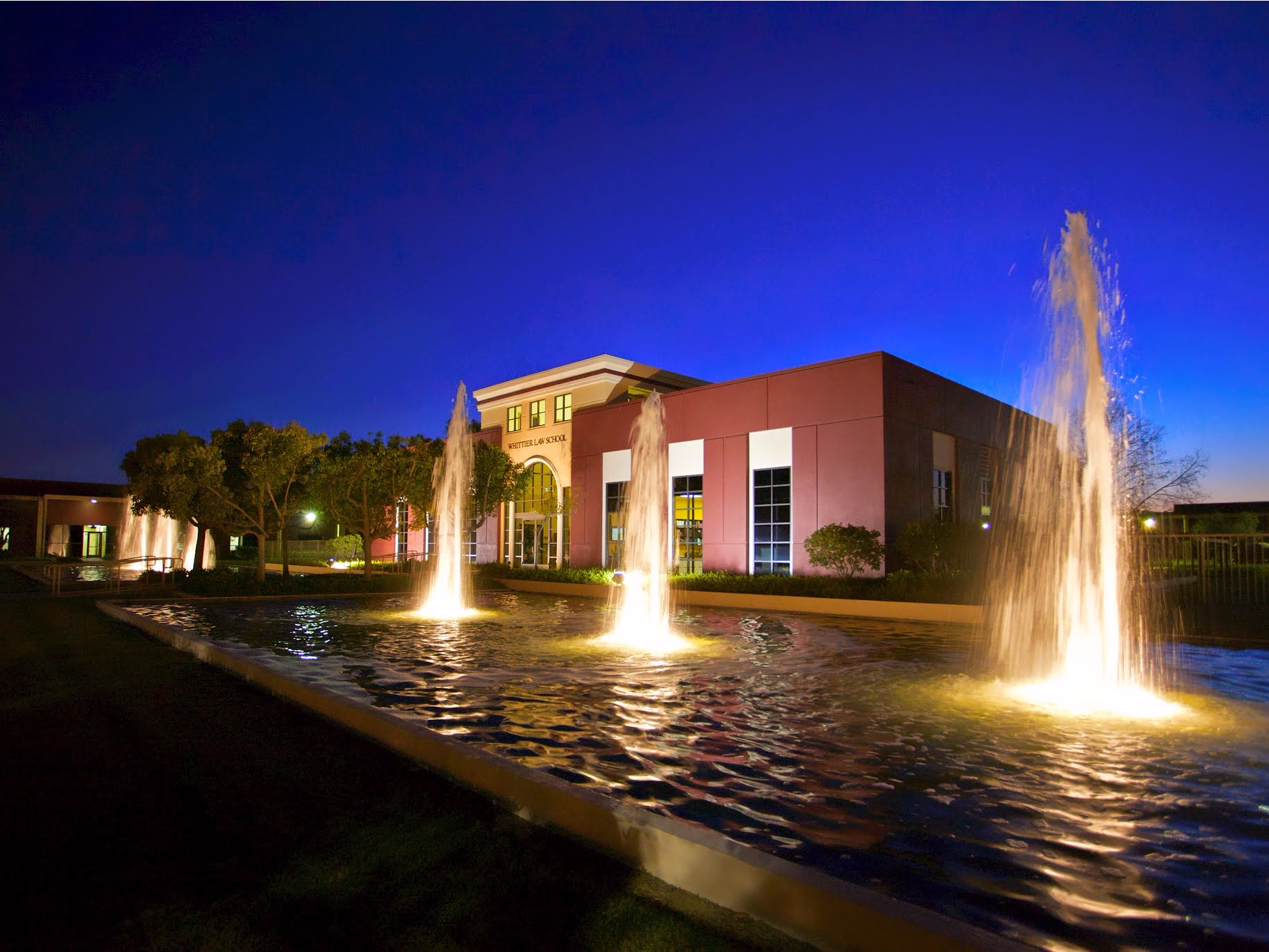 Wikimedia
Wikimedia
This week, the world of legal education reached a new and dismal milestone when California’s Whittier College announced that it would finally close down its law school after years of declining enrollment.
This is a first, I'm told. According to an American BarAssociation spokesman, no fully accredited law school hasever — ever! — outright shut its doors before.
Like many of its peers, Whittier Law School was rocked by thecollapse of law school applications thatbegan in 2011, after widely reported horror stories about thestagnant legal job market started driving away the country'sdirectionless liberal arts grads.
It counted just 132 students in its first-year class in 2016,down from 303 in 2010, according to Law SchoolTransparency. And while law school enrollment stabilizedoverall last year, Whittier's was down another 9%. Its graduates' employment statswere fairly abysmal, too: Only 21% of its recent alumsobtained long-term, full-time legal jobs in the months aftergraduation, while almost 28% were unemployed.
The closure won't be immediate. In an open letter ,Whittier's board of trustees said the five-decade-old schoolof law would not accept any new students for the coming year,but would give current enrollees an opportunity to finishtheir degrees. “At the appropriate time, the program of legaleducation will be discontinued,” the letter said. The boardapparently sprung the news on a group of astonished studentsat an “emergency meeting” that left some in tears . Meanwhile,faculty members have sued to stopthe closure — because, well, they’re lawyers.
Whittier isn't the only institution that's fallenprey to the law school bust. In 2015, Hamline University'sSchool of Lawmerged intoits Minneapolis-areaneighbor William Mitchell College of Law. And in November,Indiana Tech Law School—which had received partialaccreditation from the ABA—said it would shut down after fourextremely disappointing years in action.
But Whittier is, again, the first fully accredited law school to simply go bust rather than find itself absorbed by a rival. While many people have thought a reckoning like this was inevitable, others weren't so sure. A few years ago, Steven Davidoff Solomon, a law professor at the University of California–Berkeley who contributes to the New York Times, made a small bet with me that no accredited law schools would go under before 2018. He argued, in part, that universities would prefer to keep even ailing law schools open and generating revenue rather than shut them down and leave their expensive facilities empty. Nobody wants a shell of a building on campus, after all.
But apparently Whittier found something else to do with its real estate. In January, it sold the land its law school was built on for a $13 million profit,* according to the faculty's lawsuit. The professors, who apparently believed the proceeds would go back to their school, now claim in their lawsuit that the college is profiting illegally from the transaction. But however that case turns out, it seems pretty obvious now that there's no economic law that will keep a failing educational institution open.
*Correction, April 21, 2017: This post originally stated that the land was sold for $13 million total.
Read the original article on Slate. Copyright 2017. Follow Slate on Twitter.




